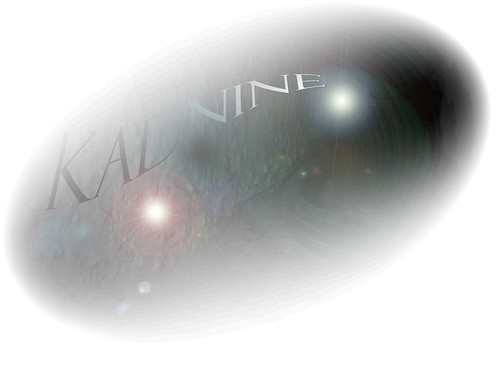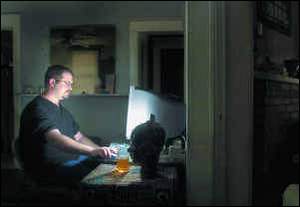Three observations
... and all of them rather bleak, I'm afraid.
The NYT reported yesterday that Congressional auditors are are a teensy bit unsettled over what they perceive as inadequate security precautions at nuclear research facilities on college campuses:
Observation #1: Sleep tight, America!
But beyond the obvious, um... unnerving effect learning this has on me, it carries ramifications that go well beyond possible terrorist attacks.
I was talking second amendment rights with a friend a while back. I think I shocked him by saying that government should designate no weapon technologies as "too dangerous" for law-abiding citizens to possess, up to and including nuclear technology. As his eyes went wide I assured him that, just as I think police record checks are constitutional for pistol sales, civilians who could likewise prove responsibility (and a big, BIG part of that would be demonstrating secure facilities) should likewise be granted nuclear research licenses. I specifically had in mind academic research for medical tech and energy independence.
This new development weakens my argument, does it not? And by extension, threatens to close facilities devoted to medical and energy research?
And finally, in light of the recent high-profile school shootings, these security revelations should signal the death of "gun free zones" on school campuses. They won't, of course. Plenty of people will continue believing that gun control controls crime, rather than our ability to deter and stop criminals. And terrorists. And that saddens me.
(Via: Candace de Russy @ Phi Beta Cons)
The NYT reported yesterday that Congressional auditors are are a teensy bit unsettled over what they perceive as inadequate security precautions at nuclear research facilities on college campuses:
An unclassified version of the audit found uncertainty “about whether N.R.C.’s [Nuclear Regulatory Commission] assessment reflects the full range of security risks and potential consequences of an attack on a research reactor.” The audit said that the rules “may need immediate strengthening” and that more parts of research reactors were probably vulnerable to damage than the commission assumed.
[...]
But while power reactors are surrounded by fences and guard towers, the research reactors are often in buildings on densely populated campuses. Some have added concrete Jersey barriers to protect against truck bombs, and better doors. But the “first responders” who would arrive if intruders set off an alarm are most likely to be the unarmed campus police officers, the audit said.
Observation #1: Sleep tight, America!
But beyond the obvious, um... unnerving effect learning this has on me, it carries ramifications that go well beyond possible terrorist attacks.
I was talking second amendment rights with a friend a while back. I think I shocked him by saying that government should designate no weapon technologies as "too dangerous" for law-abiding citizens to possess, up to and including nuclear technology. As his eyes went wide I assured him that, just as I think police record checks are constitutional for pistol sales, civilians who could likewise prove responsibility (and a big, BIG part of that would be demonstrating secure facilities) should likewise be granted nuclear research licenses. I specifically had in mind academic research for medical tech and energy independence.
This new development weakens my argument, does it not? And by extension, threatens to close facilities devoted to medical and energy research?
Research reactors are a threatened species. With a long drought in the construction of power reactors, many universities have shrunk or closed their nuclear engineering departments.
And finally, in light of the recent high-profile school shootings, these security revelations should signal the death of "gun free zones" on school campuses. They won't, of course. Plenty of people will continue believing that gun control controls crime, rather than our ability to deter and stop criminals. And terrorists. And that saddens me.
(Via: Candace de Russy @ Phi Beta Cons)

